Customs and customs procedures are, of course, integral parts of international trade. Over time, the concept of customs has become integrated with the concepts of inspection and storage. Since costs are so crucial and affect the efficiency of companies, the management of customs, warehousing, and logistics has become of great importance in the international competitive environment. For foreign trade companies to achieve and maintain a sustainable competitive advantage, they need assurances that goods passing through customs are stored correctly and safely, efficiently distributed, and are in the right place at the right time. One can describe Customs legislation as a kind of reflection of international law in domestic law. Demand and order management, planning, inventory management, warehouse management, and distribution in foreign trade have become a principal point to all organizations that have opened up to the world. Warehousing services for companies, effective inventory management, and distribution, the ability to act quickly, responding to customer needs, is a key aspect in terms of entering and maintaining a position in new markets. When we look at the problem from this angle, the bonded warehouse regime, an integral part of foreign trade, takes the most important place. Companies with high performance in foreign trade open their bonded warehouses to ensure customer satisfaction, control the storage process and be competitive. The types and characteristics of bonded warehouses are determined by customs regulations.
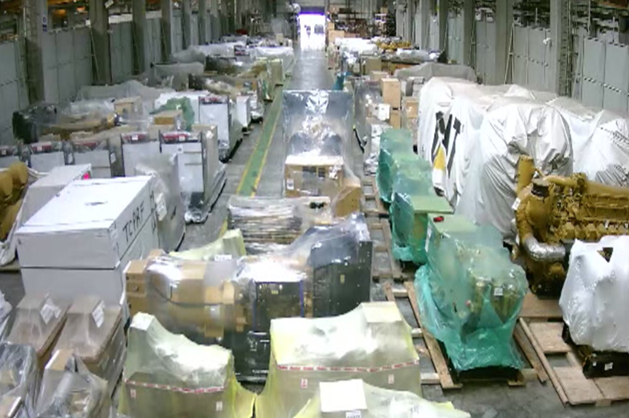
What Is the Payment Scheme For Bonded Warehouses?
Firms do not pay taxes, duties, fees, and special consumption taxes when storing their goods in bonded warehouses with a bonded warehouse regime. Materials in the bonded warehouse remain under customs control during the entire time they are in the bonded warehouse, and taxes on materials are not paid during this period. The waiting period for products in customs territories and ports is 20-45 days. The costs of storing products stored indoors for 20-45 days reach almost astronomical figures. However, since there is no time limit for products entering the bonded warehouse, and there are no charges for storage in private bonded warehouses, companies benefit from costs when using bonded warehouses.
What Are the Types Of Bonded Warehouses?
Foreign trade companies use the bonded warehouse regime because of the advantages that it gives. When evaluated in terms of operator authority and warehouse responsibility, there are six bonded warehouse types: A, B, C, D, E, and F.
Public bonded warehouses are the bonded warehouses that can be used by anyone to store materials and that can be opened on private or public property. In special bonded warehouses, known as private bonded warehouses, only export and import goods owned by the operator can be placed.
We at Borusan Cat Turkey have 2 special type bonded warehouses (type C) in Kocaeli and Izmir, of which we are the operator and are responsible for storage in these bonded warehouses ourselves (type C bonded warehouses are private bonded warehouses, the operator and user of which is the same company/person and this company/person is responsible for the goods received at the bonded warehouse).
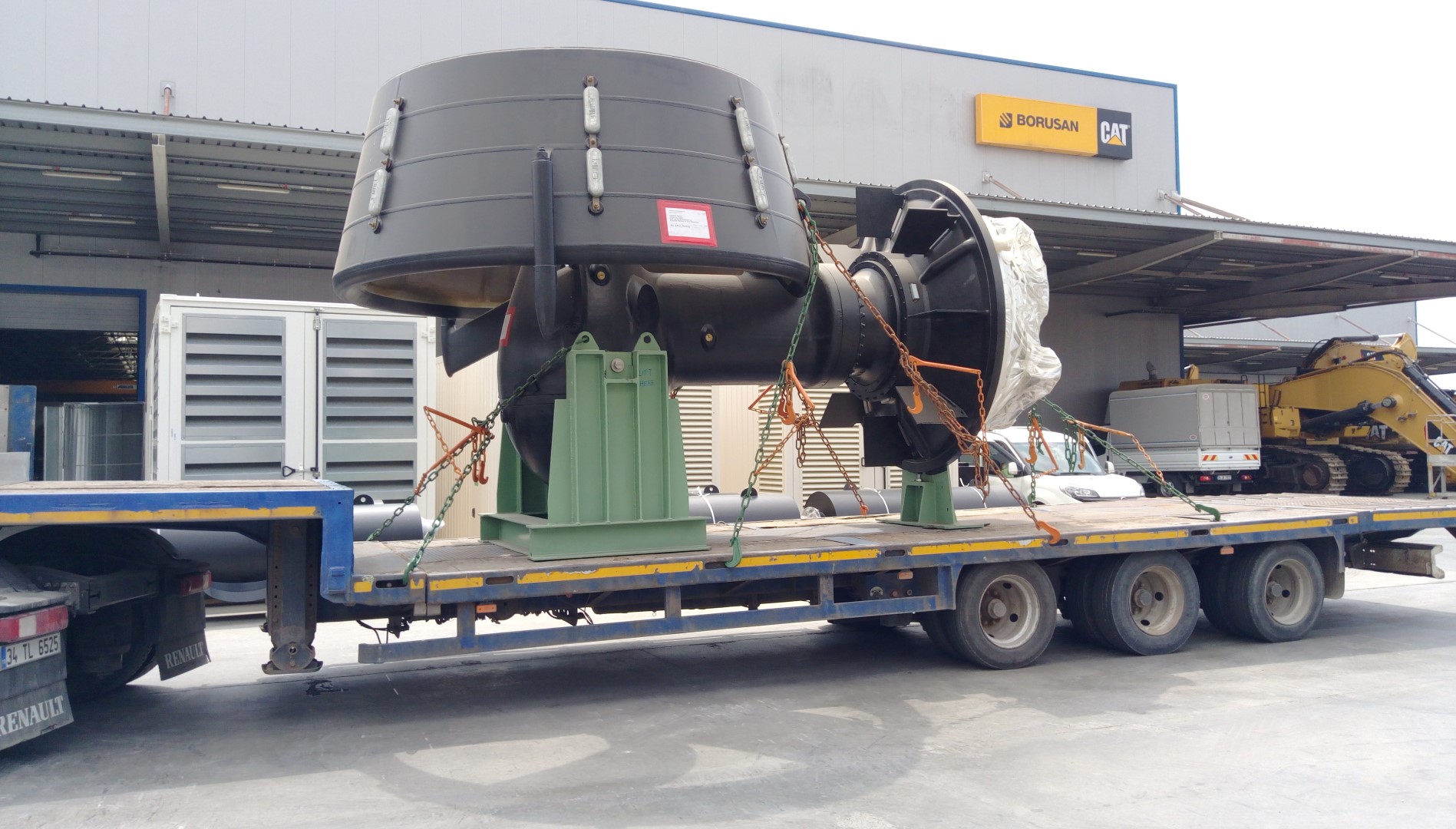
What Are the Benefits Of Using Bonded Warehouses?
The warehousing regime aims to simplify the transactions necessary to facilitate international trade, reduce the paperwork and costs required for such transactions, and expedite the movement of traded goods between sellers and buyers. For this reason, the use of a bonded warehouse regime, first of all, gives importing companies a financial advantage, helping to reduce trade costs and increase their competitiveness. Bonded warehouses function not only as a storage point for goods; they also allow the importer to defer import duties or import goods purchased abroad, in batches or whole, for sale on the domestic market. Bonded warehouses can be used as a kind of "stopping point" for international trade operations. Bonded warehouses offer significant operational benefits to companies, especially when import permitting processes are delayed or when goods need to be “processed” before they can be released into free circulation. Foreign trade companies are given a chance to increase their income by exporting more overseas thanks to the cost advantages. Another advantage of bonded warehouses is that they increase competitiveness, providing significant benefits in terms of speed and time savings for companies in introducing products to overseas markets.
As a result, generators, spare parts, construction equipment, and other materials brought from overseas are kept in the bonded warehouse without paying taxes, and, when sales enter the manufacturing process, imports can be carried out as if they were new to the country. This provides a cost advantage as it allows companies to pay taxes late, and storage (warehousing) costs are not paid at all. From the perspective of exporters and importers, who are affected by the costs of foreign or international trade, this provides a flexible area for companies, increases trade, and contributes to facilitation. Therefore, it would make sense to view bonded warehouses as a necessity for companies like Borusan Cat, whose business volume allows them to cover operating costs.
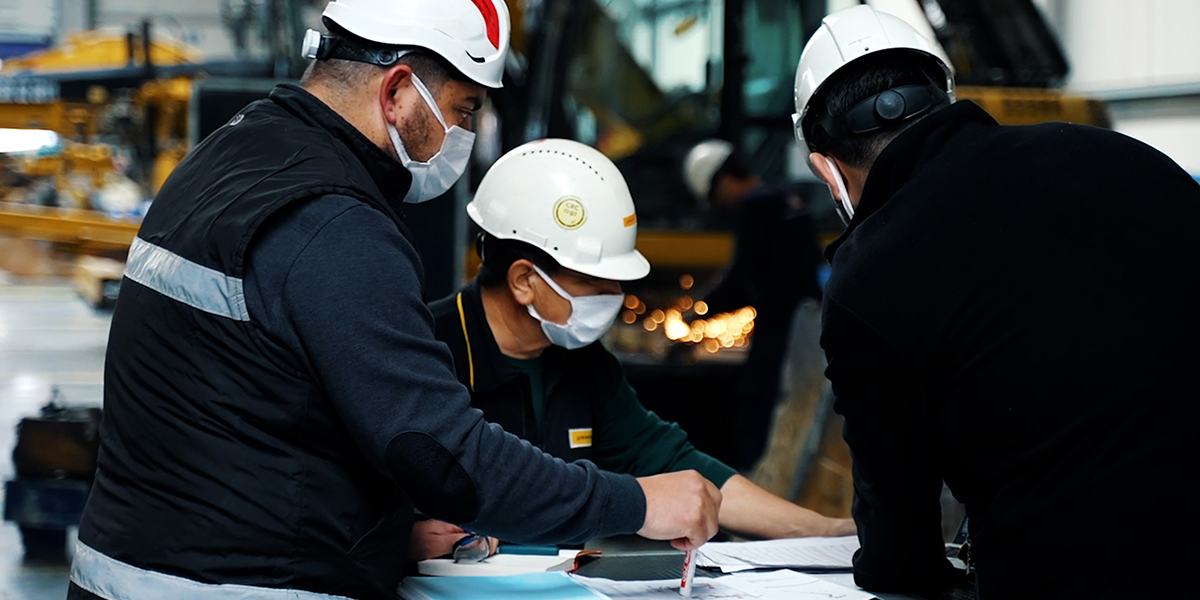

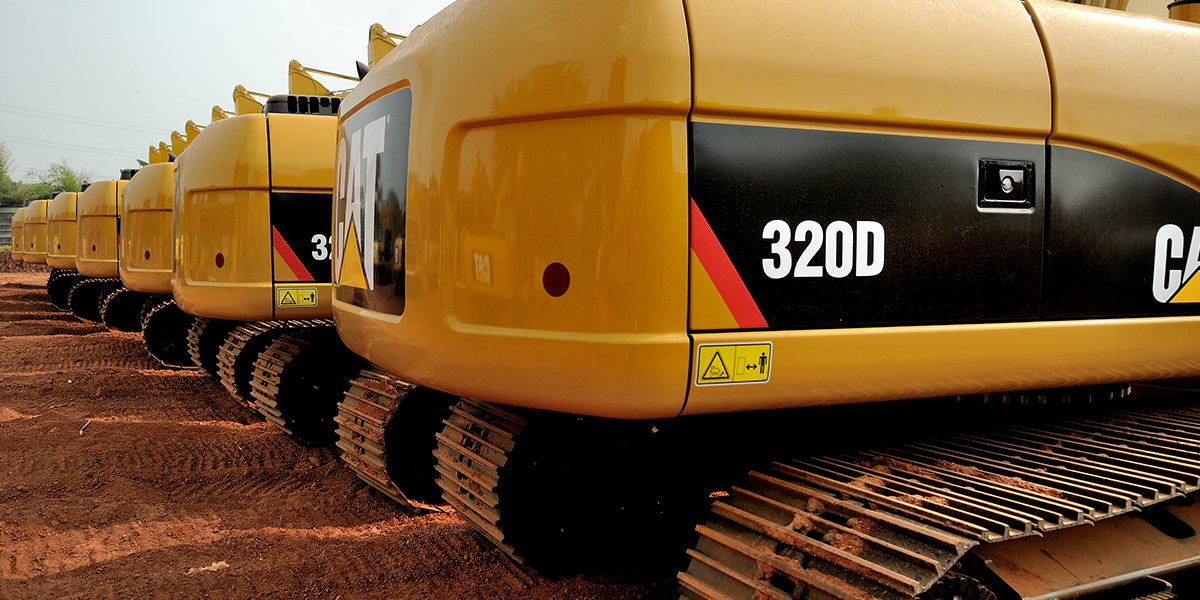
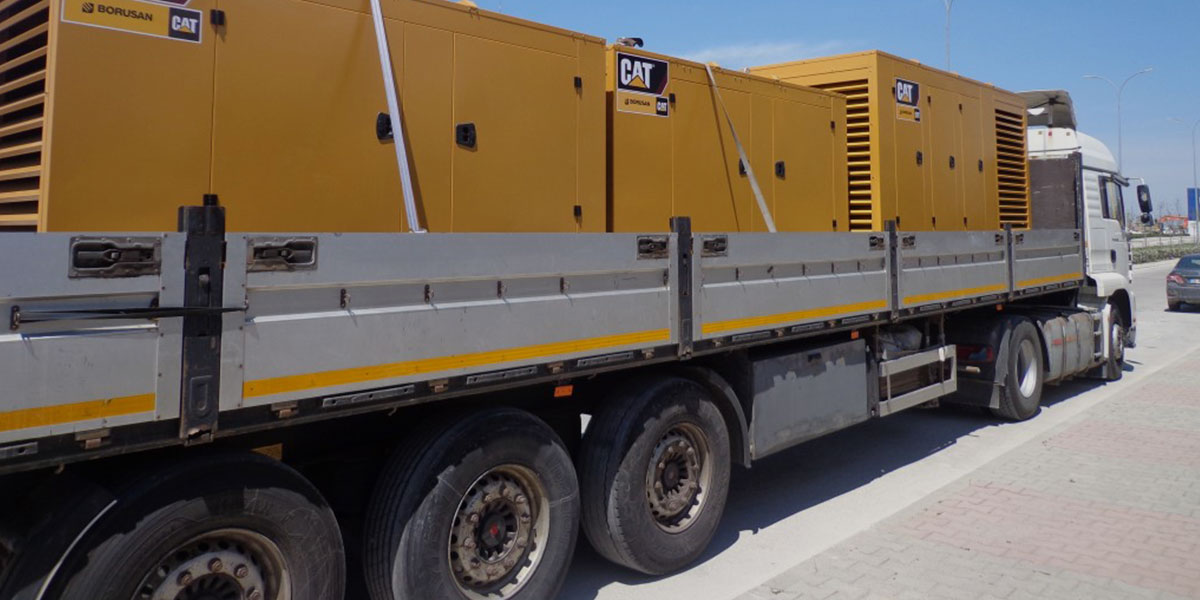

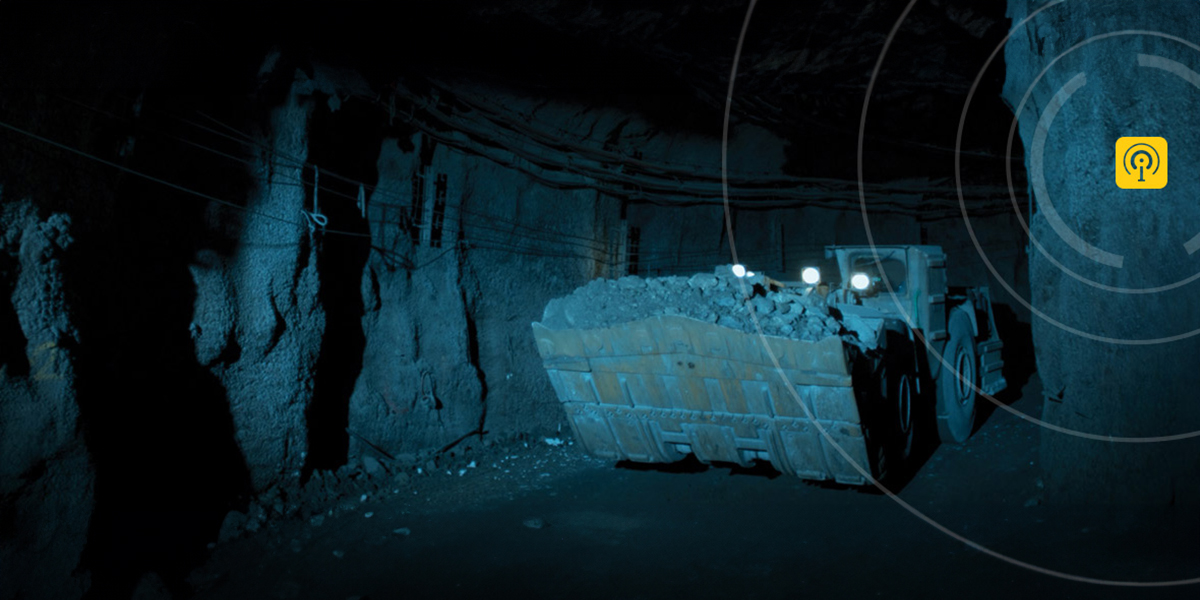




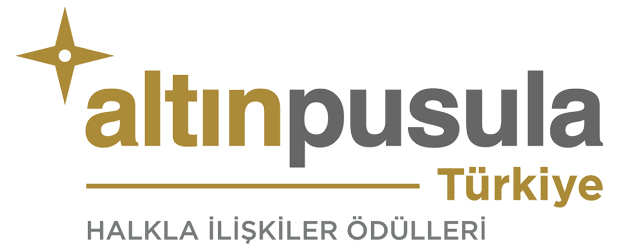
Zafer Bulutoglu has been working in Borusan since 2013. Graduated from Accounting, Tax, Foreign Trade, and Commercial faculties. For 16 years of his business life, he has performed various duties such as Inventory Control and Audit Specialist, Assistant Manager for Foreign Trade, Assistant Account Manager for a German company. He loves to read laws and regulations, analyze and research himself. This interest allowed him to obtain a license as a financial consultant in 2013. 😊 Thanks to his education and experience, he has implemented projects in various fields such as accounting, warehouse stock, logistics, and warehouse. He continues his personal development path, earning ISO Internal Auditor certifications for the Quality Management System, Occupational Health and Safety Management System, and Environmental Management Systems.
In addition to his duties in warehousing, logistics, and warehouse management at Borusan Cat, he, as an ISO internal auditor, conducts internal audits of various departments of our company. As a member of ISMMMO, he is also a Borusan Cat representative.
He is married and has a 10-year-old daughter. "My daughter is a life energy for me, a kind of generator." He enjoys spending time with his family.
He considers Borusan Cat his family and is proud to be a member.
If he did not work as a Warehouse Manager, he would like to be a lawyer to protect the wronged ones.
He wants to share his favorite motto: “Never regret! If the result is good, great. If the result is bad, it is an experience ”.